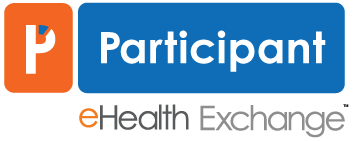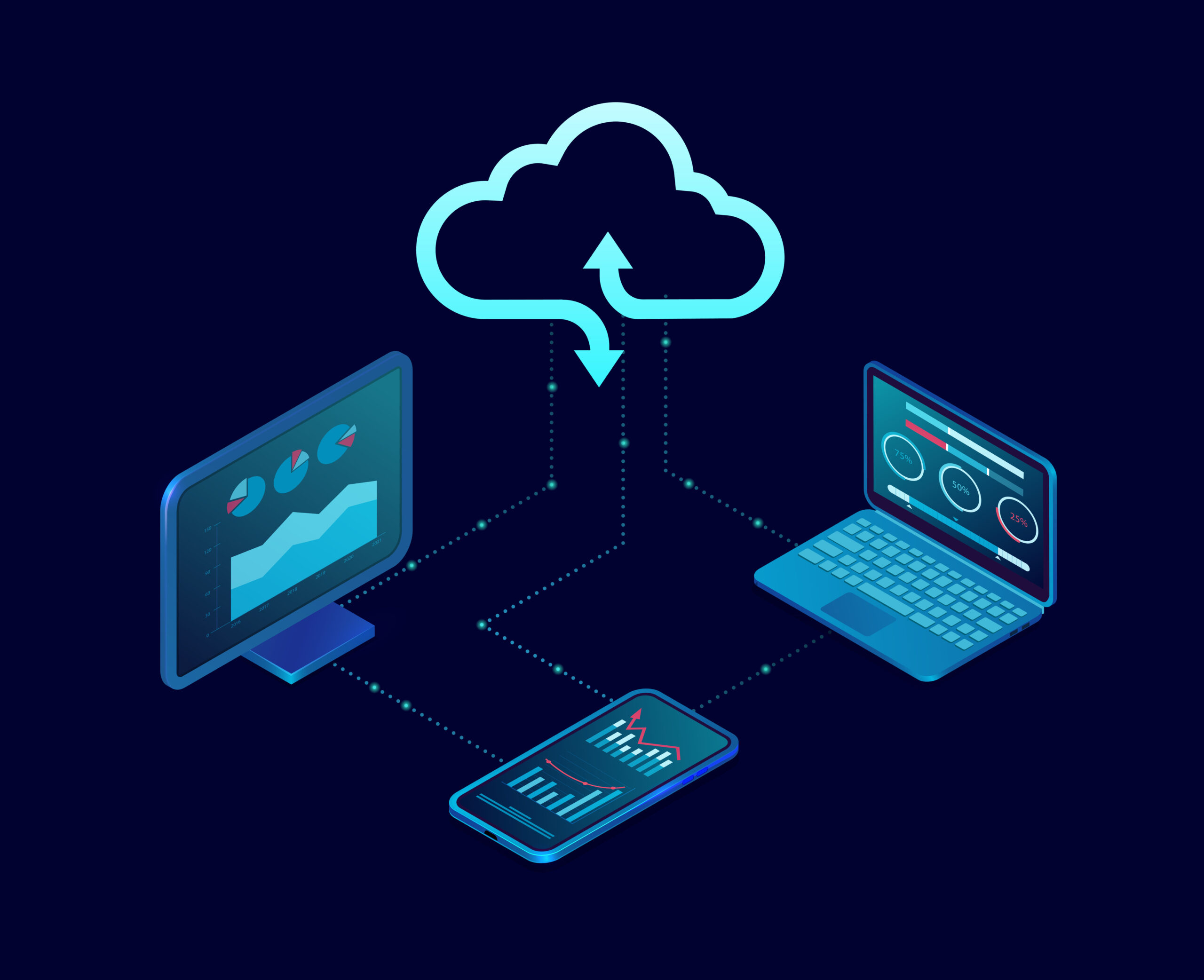Any thriving ecosystem consists of many different components that work together to meet the evolving needs of its community. The health care industry has its own interrelated ecosystem reflecting the patient’s continuum of care: primary care, specialty care, hospitals, labs, health IT companies, pharmacies, and others working together as a community to improve the patient experience and well-being.
In nature, when components of an ecosystem are unable to effectively communicate due to habitat destruction, flooding, or wildfires, ecological disruption occurs. In much the same way, when a health care ecosystem encounters a communication void across the patient’s care continuum, then patients and doctors suffer a disruption called information blocking.
For decades, providers and patients have been experiencing this disruption when trying to share, access, and send medical records to other providers. From a health care policy perspective, Health Information Exchanges – working with and connecting providers’ electronic health record (EHR) systems – were designed to improve the communication among all providers at a local community level. However, in practice, this has not occurred as intended by policy, and the result has been what is now known in the industry and federal regulation as information blocking.
To better understand the prevalence of information blocking in the health care ecosystem, Centralis Health participated in a National Health Information Exchange Organization Survey, published in April 2021 by the Journal of the American Medical Informatics Association (JAMIA). The survey provides valuable insights about HIE efforts and how to navigate future initiatives to prevent health systems, health IT developers, and others from blocking the electronic sharing of patient information necessary for value-based care.
EHR vendors and health systems conduct information blocking for different reasons. Whether for private revenue gained by increasing connectivity charges or to own market share by facilitating access to a patient’s prior medical history, these practices directly limit patient data exchange and interoperability.
The study surveyed 106 HIEs that directly observed information blocking behaviors and patient data sharing issues caused by both health systems and EHR vendors. In surveying these organizations, researchers asked three questions that aim to reduce information blocking practices:
- How often do health systems and EHR vendors engage in information blocking?
- What types of information blocking behaviors are EHR vendors and health systems engaging in?
- Does the competitiveness of the local market impact information blocking behaviors?
More than half the HIE respondents (55%) reported that at least some EHR vendors engage in information blocking, and 30% indicated that health systems engaged in similar behaviors. Meanwhile, 20% of HIEs responded that either most or all EHR vendors or health systems engage in information blocking.
The most common form of information blocking — reported by 42% of HIEs — was through vendors setting excessive pricing. The second most common behavior HIEs reported in their observation of EHR vendors was artificial barriers. However, HIEs identified refusal as the most common form of information blocking by health systems, with 41% of HIEs reporting that they sometimes engage in it and 15% reporting that this routinely occurs.
It was also noted that in relatively competitive developer markets, 47% of HIEs reported high levels of information blocking from EHR vendors, while 31% of HIEs said the same for health systems.
These survey insights are a critical component of future policy efforts to facilitate a healthier ecosystem and prevent future information blocking behaviors from two key actors. HIE providers like Centralis Health continuously work to identify ongoing challenges affecting the health care ecosystem and address these pain points by implementing final regulations and defining and enforcing penalties for those who practice information blocking.
With continued monitoring and the implementation of preventive measures, information blocking activities will continue to decrease and HIEs will be able to effectively and securely share patient information without having to face any disruptions.


